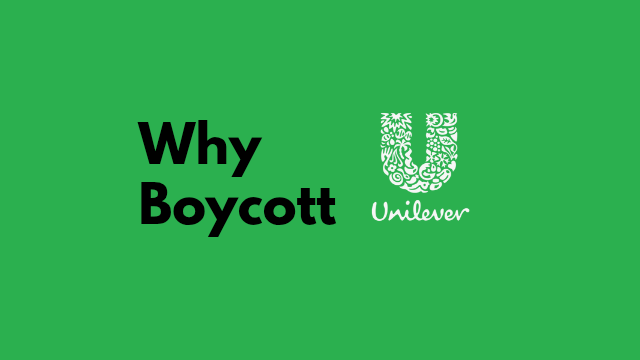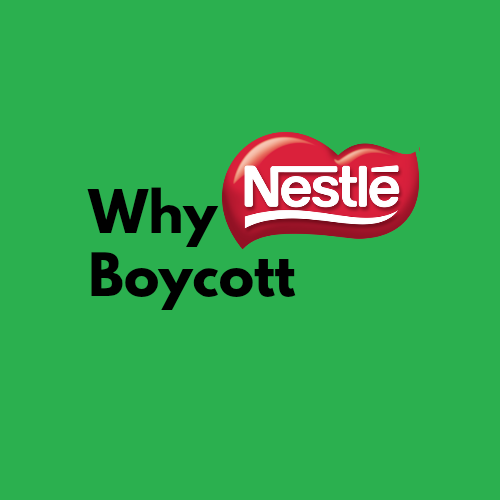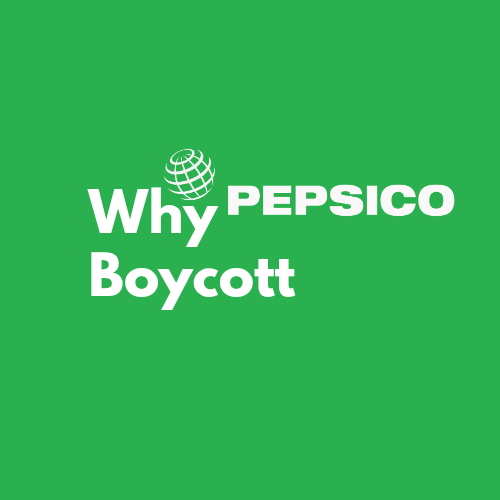Why Boycotting Unilever Matters: The Company’s Controversial Ties to Israel and the Palestinian Cause
Unilever, a multinational corporation headquartered in the UK and the Netherlands, has come under scrutiny for its perceived support of Israel amid the ongoing conflict in Palestine. This has led to calls for boycotts from various groups and individuals who view the company’s actions as complicit in the oppression of Palestinians.
Unilever’s Controversial Actions
1. Ben & Jerry’s West Bank Sales
In July 2021, Ben & Jerry’s, an ice cream brand owned by Unilever, announced it would stop selling its products in the Israeli-occupied West Bank, stating that it was inconsistent with the brand’s values. This decision was met with backlash, and Unilever later sold the Israeli operations of Ben & Jerry’s to a local licensee, effectively circumventing the boycott. This move was criticized by human rights organizations, including Human Rights Watch, which accused Unilever of “complicity in grave human rights abuses”.
Evidances:
2. Suppression of Pro-Palestinian Advocacy
Tensions between Unilever and Ben & Jerry’s escalated when the parent company threatened to withdraw its $5 million annual funding from the Ben & Jerry’s Foundation. This threat came after Ben & Jerry’s independent board sued Unilever, alleging attempts to suppress the brand’s pro-Palestinian stance and progressive activism .
Financial Repercussions and Global Boycotts
1. Decline in Sales Due to Boycotts
Unilever has faced significant financial setbacks due to boycotts in predominantly Muslim countries. In Indonesia, the company’s sales declined by 15% in the last quarter of 2023, attributed to consumer boycotts over Unilever’s perceived support of Israel . The Indonesian Ulema Council (MUI) issued a fatwa recommending Muslims avoid products affiliated with Israel, further impacting Unilever’s sales .
2. Divestment by Pension Funds
Several U.S. state pension funds have divested from Unilever due to its actions related to the Israeli-Palestinian conflict. The New Jersey Pension Fund, managing $92.7 billion in assets, began divesting approximately $182 million from Unilever . Similarly, New York’s $268 billion state pension fund restricted its holdings in Unilever, citing the company’s engagement in activities aligned with the Boycott, Divestment, Sanctions (BDS) movement .
Unilever’s Brand Portfolio
Unilever owns a vast array of brands across various sectors. Some of its notable brands include:
- Food & Beverages: Lipton, Knorr, Hellmann’s, Magnum, Ben & Jerry’s
- Personal Care: Dove, Axe, Rexona, Sunsilk, Lifebuoy
- Home Care: Surf, Sunlight, Domestos
Check full list of Uniliver Brands Here.
Conclusion
The controversy surrounding Unilever’s actions in relation to the Israeli-Palestinian conflict has led to significant financial and reputational repercussions for the company. Boycotts and divestments highlight the growing demand for corporate accountability in matters of human rights and ethical business practices. Consumers and institutions are increasingly scrutinizing companies’ global operations and their alignment with social justice values.


